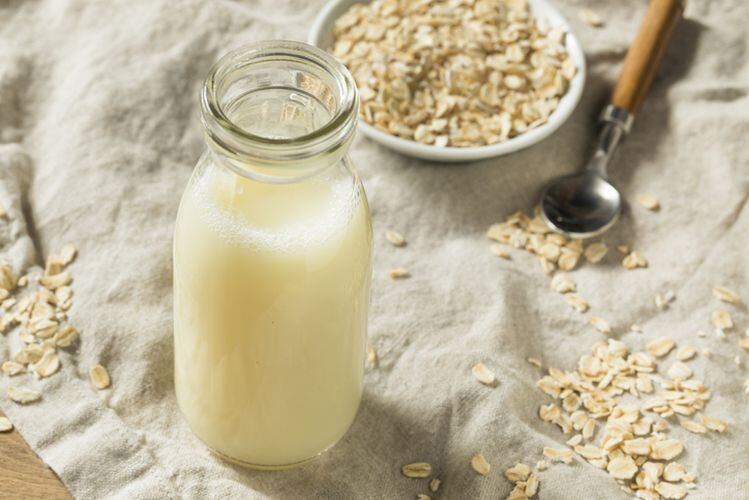The research, published in The American Journal of Clinical Nutrition, analyzed 28 studies from seven countries which included nearly 21,000 children between the ages of 1- and 18-years-old.
Understanding the relation between cow-milk fat and risk of overweight or obesity is important, as "the majority of children in Canada and the United States consume cow's milk on a daily basis and it is a major contributor of dietary fat for many children," said Dr. Jonathon Maguire, lead author of the review and a pediatrician at St. Michael's Hospital.
However, systematic reviews and meta-analyses on the relation between total dairy consumption and child adiposity (a condition of being severely overweight or obese based on the body adiposity index, which measures the amount of body fat in humans) have had conflicting findings.
According to some studies, higher cow's milk intake in children is associated with taller height and better bone and dental health. However, these studies evaluated total dairy consumption and did not consider cow-milk fat specifically.
Challenging current milk nutrition recommendations?
Current nutrition guidelines in both Canada and the US tend to recommend low- or reduced-fat dairy products over whole-fat versions.
The 2015-2020 US Dietary Guidelines -- which apply to children, adolescents, and adults -- recommend consumption of fat-free or low-fat dairy as part establishing healthy eating patterns. “Strategies for choosing dairy products in nutrient-dense forms include choosing lower fat versions of milk, yogurt, and cheese in place of whole milk products and regular cheese,” the guidelines state.
The CDC recommends introducing children to either whole- or reduced-fat cow’s milk as early as 12 months but to consult with the child’s doctor or nurse if he or she has a history of excessive weight gain or family history of obesity.
However, researchers found that switching to lower-fat milk did not always correlate with a child being overweight or obese.
"In our review, children following the current recommendation of switching to reduced-fat milk at age two were not leaner than those consuming whole milk," said Dr. Maguire.
According to the meta-analysis, 18 of the 28 studies suggested children who drank whole milk were less likely to be overweight or obese while the other ten studies did not identify an association between whole milk consumption and adiposity.
While, the meta-analysis strongly suggests that whole-fat milk may not be directly correlated with a child being overweight or obese, Dr. Maguire added that there were limitations to the study.
"All of the studies we examined were observational studies, meaning that we cannot be sure if whole milk caused the lower risk of overweight or obesity. Whole milk may have been related to other factors which lowered the risk of overweight or obesity," noted Dr. Maguire.
"A randomized controlled trial would help to establish cause and effect, but none were found in the literature."
What are kids drinking?
During FoodNavigator-USA’s 2019 FOOD FOR KIDS summit held last November in Chicago, Euromonitor’s head of soft drinks Howard Telford revealed that sugar reduction is the #1 nutritional concern parents have when choosing what drinks to give their children.
As a result, sales of juice drinks have declined by about 14% in the last ten years. Meanwhile, milk sales are down 45% over the same time period as parents seek out more fortified plant-based dairy alternatives and bottled water options for their kids.
But even as plant-based dairy alternatives gain ground, Telford argued that dairy milk could regain some of its losses if brands embrace premiumization and value-added benefits such as the recent launch of Horizon Organic’s Growing Years milk, which is fortified with DHA, choline and prebiotics to support 1- to 5-year-olds.
Keep up to date with the 2020 FOOD FOR KIDS summit HERE.





